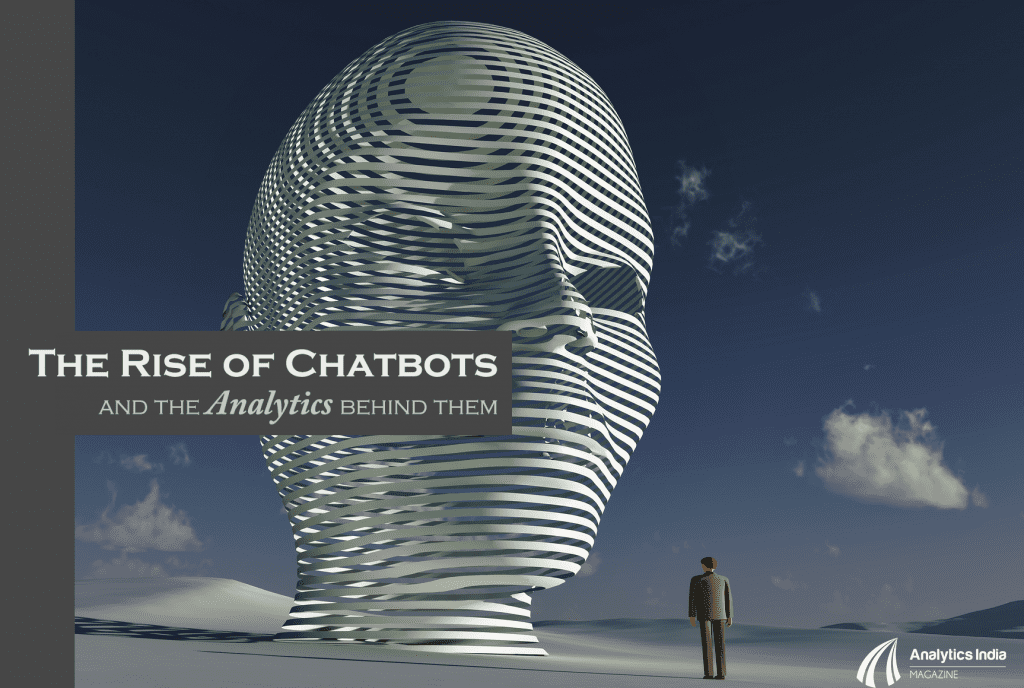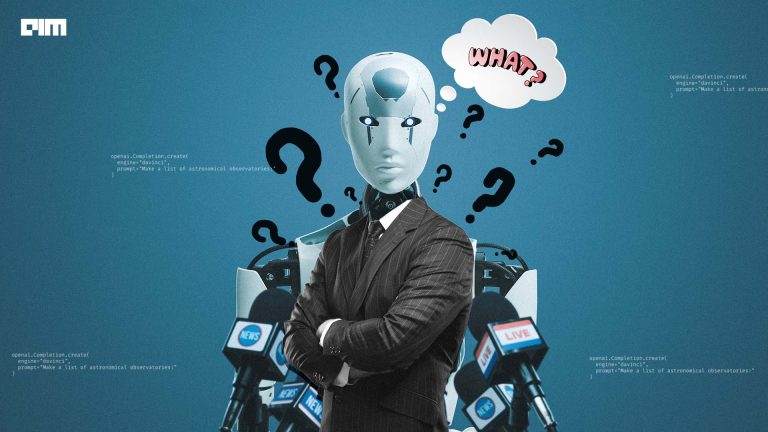 Ever since Facebook announced the launch of a ‘bot’ platform to enable developers to create bots for selling products and answering questions through messenger, a whole lot of digital ink has been spilled around it. In fact, seems like a sudden explosion of ‘bots’ amongst companies, has occurred, trying to develop similar interactive apps.
Ever since Facebook announced the launch of a ‘bot’ platform to enable developers to create bots for selling products and answering questions through messenger, a whole lot of digital ink has been spilled around it. In fact, seems like a sudden explosion of ‘bots’ amongst companies, has occurred, trying to develop similar interactive apps.
So, what are chatbots a.k.a bots?
Essentially, chatbot are AI computer programs designed to behave like a human during their interaction with online users by taking inputs and matching it with data base to output a sentence and continue the conversation. In other words, it is the next gen messenger!
The idea behind Facebook’s ‘Bot Engine’ is, to allow companies to build their own chatbots for the Facebook Messenger App to interact with their customers on various topics and be able to provide information through a normal conversation (powered by AI).
Interestingly, the company that has grown because of human connections, is now suggesting otherwise to businesses – to remove the human connection. However, I believe that Human-to-human connection is vital for brand engagement and even though consumers may want everything online, they still want the personalized experience, with a human who can answer their questions and fulfil their needs.
The use of Machine learning & analytics
Some of the deep learning techniques that are used to build chatbots are based on either Retrieval models, which use predefined responses or Generative models which generate new responses from scratch.
While retrieval models don’t make grammatical mistakes, as they have a database of responses to choose from; they are unable to handle cases for which no appropriate predefined response exists. On the other hand, Generative models are hard to train and are more likely to make grammatical mistakes, even though they are ‘smarter’ as they use machine translation techniques to translate from an input to output.
Facebook Messenger bot engine will be following the retrieval model for most companies as the starting point of a bot would be a set of interaction rules defined by the developer as some basic guidelines on handling inquiries. Further, the application will start amassing chat logs, and soon it will be able to take advantage of the tool’s machine learning component to scan the information for recurring communications patterns and factor them into its programming.
Messenger bots can be categorized in two – those that will give you information and those that let you buy stuff. I decided to try one of the ‘bot’ called ‘Hi Poncho’ first-hand to understand the concept better. (For the braver, curious and more importantly, patient, you could try it yourself, by searching for Poncho on your messenger and it will pop up in “businesses”.)
 ‘Hi Poncho’ is a weather cat bot, wearing a yellow sweater. It might look cute, but there’s nothing more to it. Facebook and other companies had made tall promises of having elaborate conversations with these bots, instead, trying to use the app for a simple conversation was frustrating and left me disappointed in a little over few minutes. (you can see a glimpse of the conversation in the screenshot on the left). Silly cat!
‘Hi Poncho’ is a weather cat bot, wearing a yellow sweater. It might look cute, but there’s nothing more to it. Facebook and other companies had made tall promises of having elaborate conversations with these bots, instead, trying to use the app for a simple conversation was frustrating and left me disappointed in a little over few minutes. (you can see a glimpse of the conversation in the screenshot on the left). Silly cat!
However, even though bots are taking baby steps in the present times, they have the potential to grow into powerful data collecting tools in the near future.
In fact, I cannot help but agree that, these bots could be way for Fb to make messenger the go-to communication platform for businesses and customers in the future; but it still has a long-long way to go.
On the other hand, companies think bots will be the next big thing as most businesses and users are using messenger on their smartphone.
According to Facebook, bots will improve both the accuracy and variety of responses over time. In the current scenario, Messenger and Facebook both are interdependent and responsible for the future of chatbots.
The Threat
So, these chatbots could be a glimpse of how we will search for information in the future and yet they could also be a very dangerous threat to a customer’s online privacy & security over time. As they are supposed to behave as human as possible by mimicking the language, they may end up collecting sensitive or confidential information. The problem is that this data will get stored somewhere which could be misused.
Do you think you will buy a product from a company whose bot responded, “Sorry, I am unable to answer your question”; more importantly would you know if you are interacting with a human or a machine? Creepy, eh?
Thus, common people might not even be able to tell a real chatbot from a fake one! How hard would it really be to release a fake chatbot and trick people into giving sensitive information under the disguise of being a chatbot from a reputable institution?
Since, the bots that we’re talking about will know how to build rapport, and behave like humans, they will be programmed to make you forget they’re actually only a piece of software! This leads to another issue – ‘phishing’.
They won’t need to be loud “you-have-won-an-iphone” sort of spammy links, instead they may be a part of the conversation. For example, if a chatbot uses enough movie references in its replies, how suspicious would you be when it drops a link to a Buzzfeed-type “which-harry-potter-character-are-you” kind of personality test? Would the thought that it could be a malicious link even cross your mind?
Another example, if a chatbot joins a Facebook group in the disguise of a human, builds a rapport with the members, and tells them it needs some information for a project survey and then perform an attack by asking them to fill it.
On a concluding note, internet is slowing become dangerous waters rather than the commodity it was once supposed to be. The only solution is to be very careful with your information and divulge as little as possible!



















































































